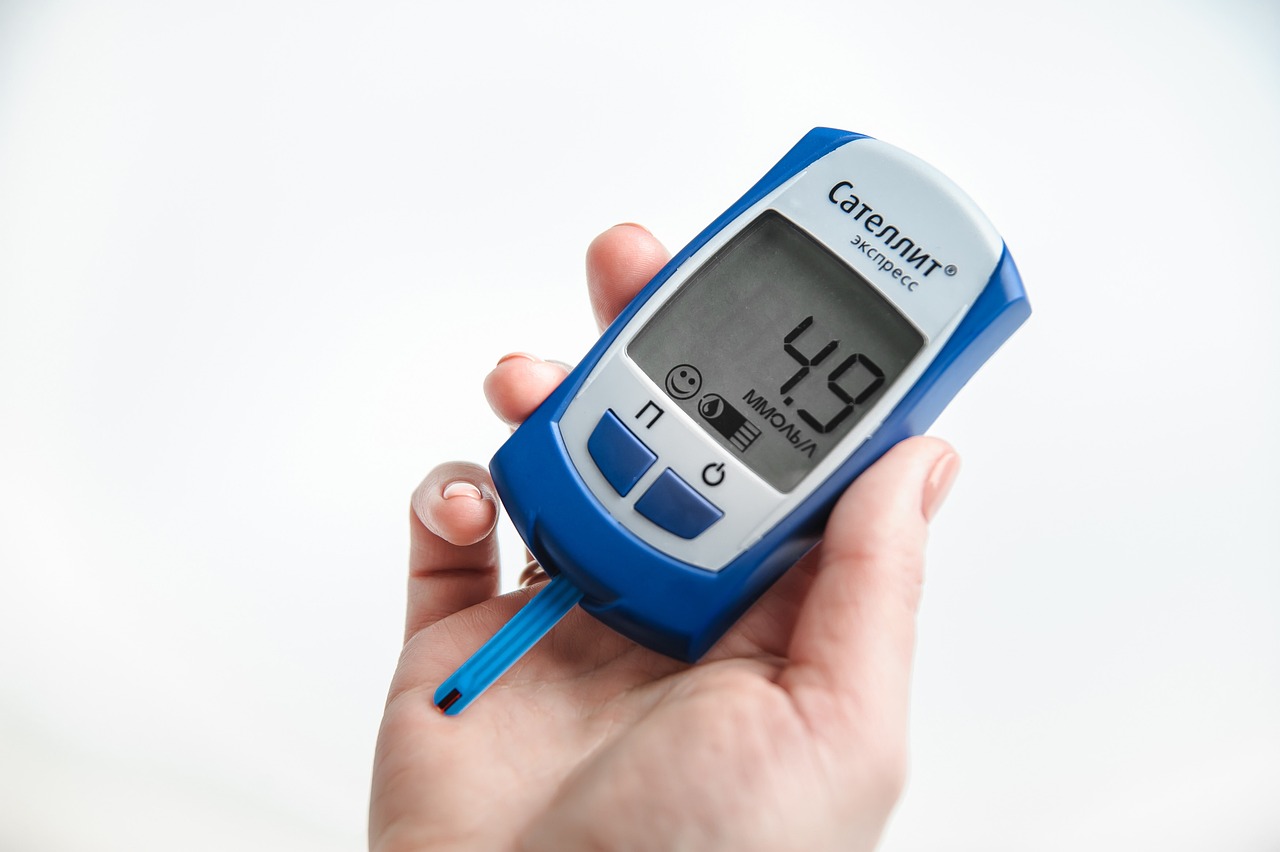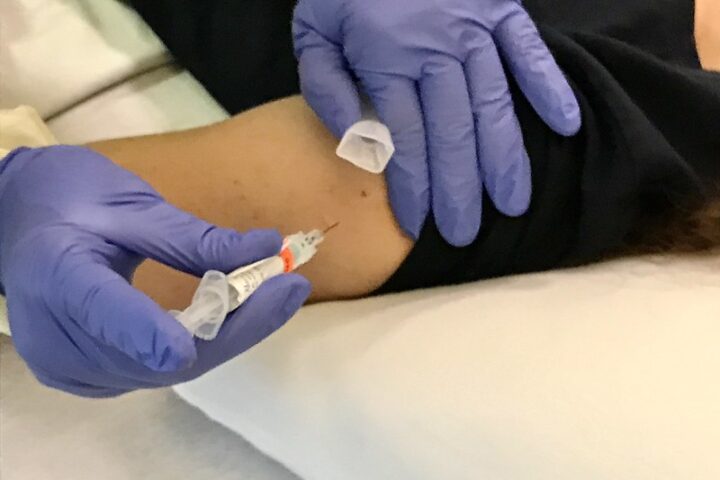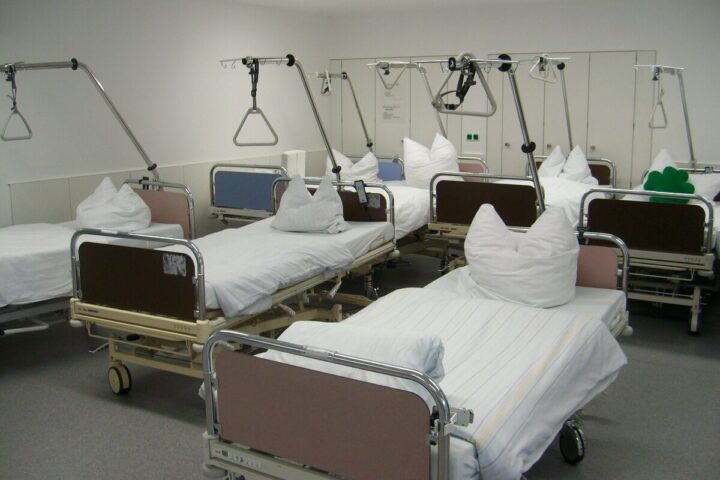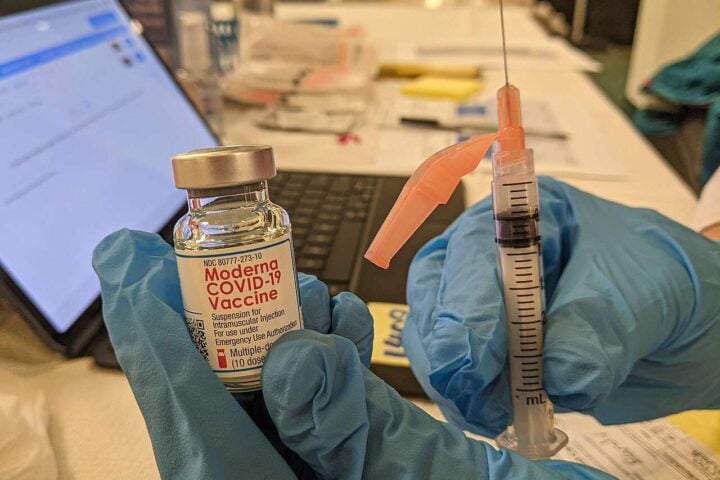Britain faces a serious health challenge as diabetes cases reach their highest levels ever recorded. One in five adults now live with diabetes or are at risk of developing it – that’s 12.1 million people across the country.
Diabetes UK’s latest analysis reveals 4.6 million people have been diagnosed with diabetes, showing a sharp rise from 3.8 million in 2018. What’s more concerning is that another 1.3 million people have the condition but don’t know it yet. An additional 6.3 million have non-diabetic hyperglycaemia, also known as pre-diabetes.
“These latest figures highlight the hidden health crisis we’re facing in the UK,” says Colette Marshall, chief executive of Diabetes UK. She points out that finding and helping these “missing millions” who don’t know they’re affected is crucial for preventing serious health problems.
Type 2 diabetes makes up 90% of cases, which happens when the body doesn’t use insulin properly. Insulin helps the body turn sugar from food into energy. When this process breaks down, sugar builds up in the blood instead of powering the body. This can damage blood vessels and nerves over time, leading to serious problems like heart attacks and strokes.
The rising numbers come with a heavy price tag. Without quick action, treating diabetes could cost the NHS almost £18 billion yearly by 2035. This growing expense has pushed the government to take steps, including new limits on junk food advertising and creating an at-home digital health check system.
Dr. Dulmini Kariyawasam, who leads diabetes care at a major London hospital, raises particular concern about younger people developing type 2 diabetes. Getting the condition earlier in life means more time for health complications to develop. The NHS website lists key warning signs including feeling very thirsty, passing urine more often than usual, and feeling very tired.
The Department of Health has promised a 10-year plan focusing on prevention rather than just treatment. Their spokesperson explains they’re committed to a shift from sickness to prevention to enable everyone to live a healthy life for longer. The NHS already runs a prevention program teaching people about healthy eating and exercise before diabetes develops.
Similar Posts
Looking ahead, Diabetes UK has written to government leaders asking for better NHS Health Checks and more support for people living with all types of diabetes. They stress that finding people at risk early and helping them make changes could prevent many cases of type 2 diabetes.
The situation shows how lifestyle choices affect our health. Simple changes in diet and activity levels, as recommended by the NHS Diabetes Prevention Programme, can make a big difference in preventing type 2 diabetes. For those already affected, proper care and support can help them stay healthy and avoid serious complications.
While the numbers paint a concerning picture, they also highlight clear ways to tackle this health challenge. Through better awareness, early detection, and proper support, many diabetes cases could be prevented or better managed, improving lives across the UK.


















